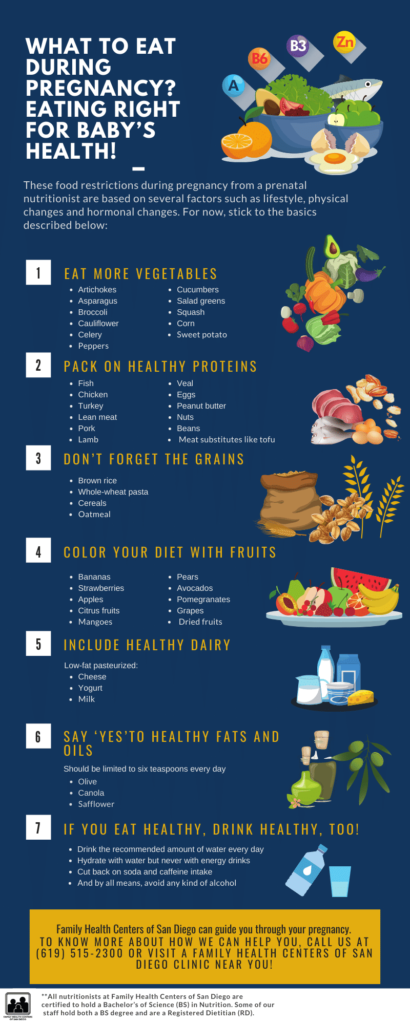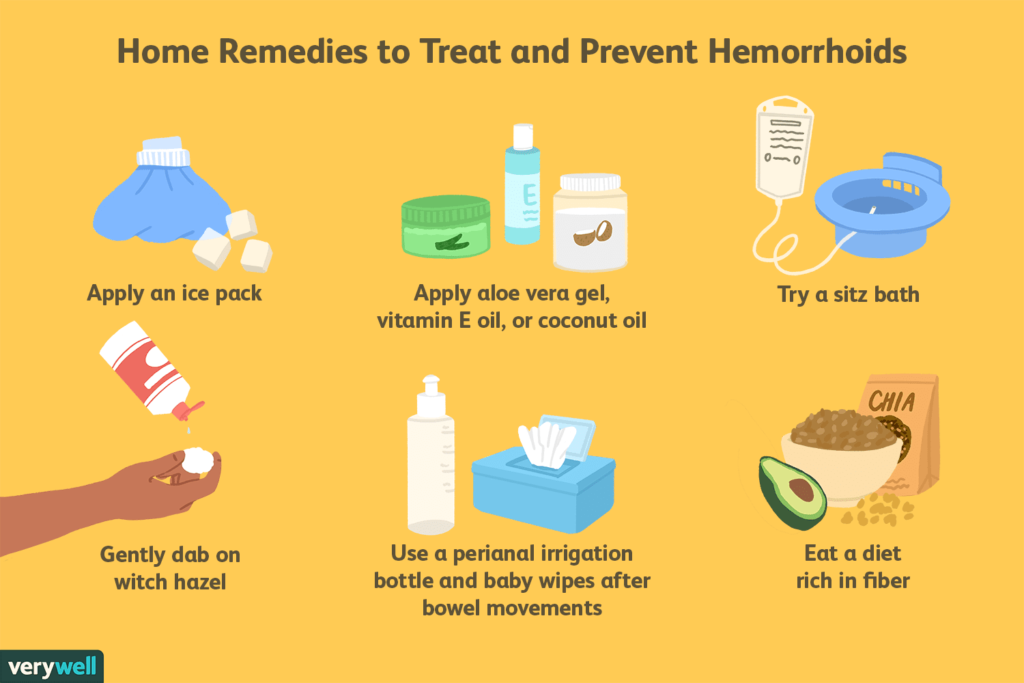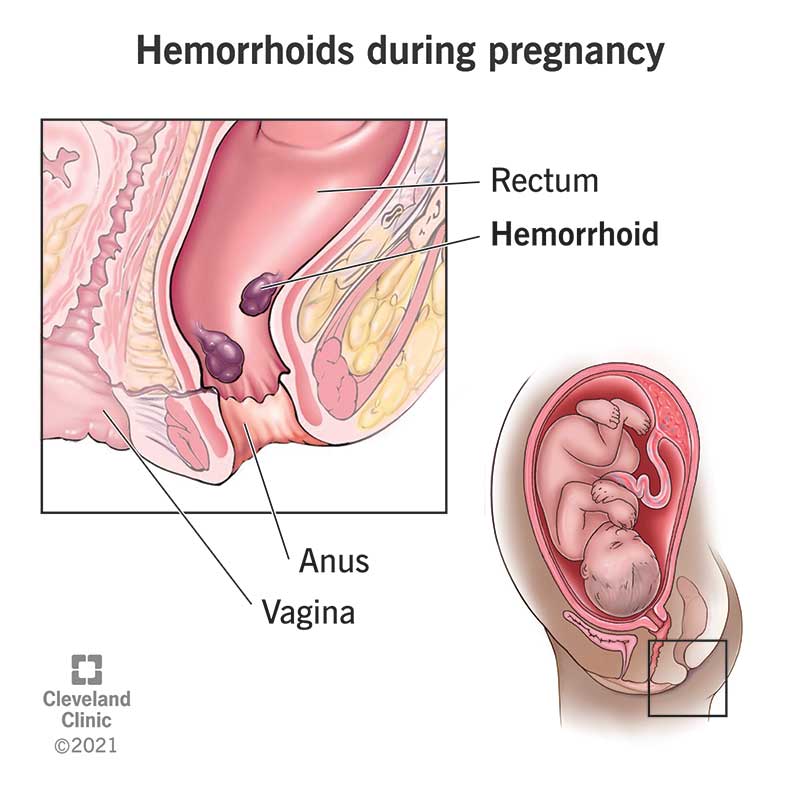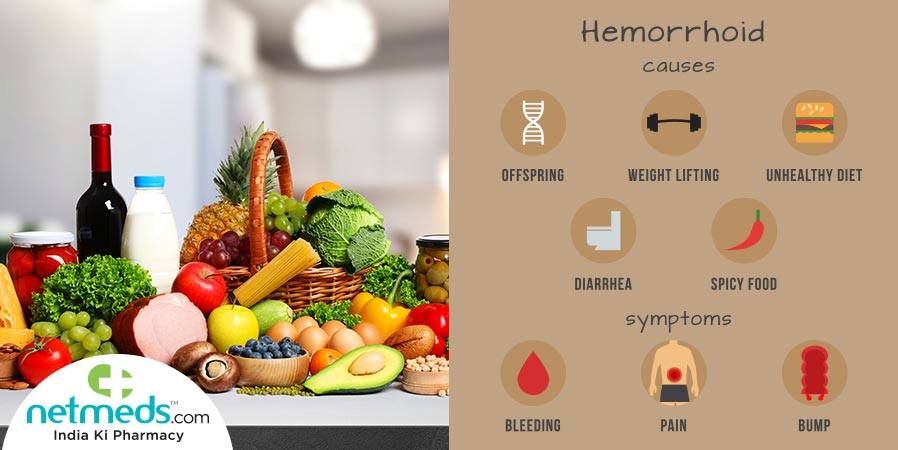As an Amazon Associate I earn from qualifying purchases.
Understanding Hemorrhoids During Pregnancy
Pregnancy can be an exciting time in your life, but it can also bring challenges and symptoms that you might not have expected! One common issue many women face while pregnant is developing hemorrhoids. But don’t fret – we’re here to help you understand what causes this pesky issue and what you can do to prevent it.
Causes of hemorrhoids in pregnant women
Hemorrhoids are swollen veins in the rectal area, and they can be quite uncomfortable. There are several factors that can contribute to their development during pregnancy, such as:
- Increased pressure: As your uterus expands, it puts additional pressure on the veins in your rectal area. This pressure can lead to hemorrhoids, especially during the third trimester.
- Constipation: Pregnant women often experience constipation, which can cause you to strain during bowel movements. This straining can increase the pressure on the veins around your anus and rectum, potentially leading to hemorrhoids.
- Hormonal changes: Pregnancy hormones cause your blood vessels to relax, making it easier for veins to become swollen and stretched.
- Increased blood volume: As your body ramps up blood production to support your growing baby, this extra blood can increase the pressure on the veins in your rectal area.
Different types of hemorrhoids
When it comes to hemorrhoids during pregnancy, there are two main types:
- Internal hemorrhoids: These are found inside the rectum and typically don’t cause pain. However, they can bleed during bowel movements, leaving a small amount of bright red blood on the toilet paper or in the toilet bowl.
- External hemorrhoids: These occur outside the anus and are often painful, especially when sitting or having a bowel movement. External hemorrhoids can also cause itching and may develop a blood clot, which can be quite painful.
Risks and complications associated with hemorrhoids
While hemorrhoids themselves are generally not dangerous, they can lead to some complications if not treated or managed properly:
- Anemia: If hemorrhoids bleed excessively, it can lead to anemia – a reduced level of red blood cells to carry oxygen to your body’s tissues.
- Infection: Although rare, hemorrhoids can become infected, particularly if you scratch them or they rupture.
- Thrombosed hemorrhoids: When a blood clot forms within an external hemorrhoid, it can become a thrombosed hemorrhoid, resulting in severe pain and inflammation.
Preventing hemorrhoids during pregnancy starts with a healthy diet and active lifestyle. By staying on top of these factors, you can minimize your risk and ease your discomfort if you do develop hemorrhoids. So, keep reading on for helpful diet and lifestyle tips to prevent this common pregnancy issue!

Role of Diet in Hemorrhoid Prevention
When you’re expecting, your body undergoes a multitude of changes – some wonderful, while others, not so much. One common and not-so-pleasant occurrence during pregnancy is the development of hemorrhoids. These swollen and inflamed veins around the anus or lower rectum can cause discomfort and even pain, but don’t worry – there’s plenty you can do to prevent them! By adjusting your diet and paying attention to your lifestyle, you can help keep hemorrhoids at bay.
Fiber-rich foods to prevent constipation
First and foremost, incorporating fiber-rich foods into your daily meals can make a significant difference in preventing constipation – one of the main contributors to hemorrhoids during pregnancy. Go for whole grains like brown rice or whole wheat bread, leafy greens, and a variety of fruits and veggies (just remember to wash them well before eating). Beans, peas, and lentils are also excellent sources of fiber, as are nuts and seeds. So, go ahead and add some crunch to your meals – your digestive system will thank you!
Importance of staying hydrated
Let’s not forget about water – your body’s natural lubricant. Keeping your body well-hydrated is crucial not only for your overall health but also for preventing constipation and, ultimately, hemorrhoids. Drinking at least 8 to 10 glasses of water every day will help soften your stool and make it easier to pass, reducing the strain on your veins. So, break out that water bottle, and drink up! And don’t be afraid to mix things up – herbal teas, juices, and even soups can all contribute to your daily fluid intake, but be mindful of the sugar and sodium content.
Foods to avoid due to the risk of constipation
Just as there are foods that’ll help you ward off constipation, there are also culprits that can increase your risk of developing it. If you want to decrease your chances of hemorrhoids during pregnancy, you’ll want to limit or avoid the following:
- White breads and pastas: Choose whole grain varieties instead
- Processed foods: Think chips, cookies, and instant meals – they may be convenient, but they can wreak havoc on your digestive system
- Unripe bananas: While ripe bananas are a good source of fiber, unripe ones can actually cause constipation
- Red meat: This can be more difficult to digest, so opt for lean proteins like chicken and fish instead
- Excess caffeine: Too much caffeine from coffee or other sources can be dehydrating, so keep your caffeine intake in check
Importance of a balanced diet during pregnancy
While preventing hemorrhoids may be your primary goal in making these dietary changes, a balanced diet during pregnancy is essential for many reasons. Eating a variety of healthy foods will not only help keep pesky hemorrhoids at bay but also promote healthy weight gain, ensure you get the proper nutrients to support your baby’s growth and development, and even set your little one up for a lifetime of good eating habits.
The bottom line? Be kind to your body during pregnancy – and don’t skimp on the fiber! With a nutritious diet, plenty of fluids, and some regular gentle exercise, you’ll be well on your way to minimizing your risk for hemorrhoids and ensuring a healthy, happy pregnancy.

Lifestyle Tips to Prevent Hemorrhoids
Hemorrhoids during pregnancy can be a literal pain in the rear-end. However, with some simple lifestyle changes, you can reduce your risk of developing this uncomfortable condition. Let’s explore some tips to make your pregnancy a more enjoyable experience.
Regular exercise and its benefits
Exercise might be the last thing on your mind while pregnant, but it can help prevent hemorrhoids. Engaging in physical activity at least 30 minutes a day can alleviate pressure on the pelvic region by promoting blood circulation. Moreover, regular exercise helps in strengthening your muscles and keeping your bowels regular, which can aid in reducing the risk of hemorrhoids.
Go for low-impact exercises like walking, swimming, or prenatal yoga which are safe and gentle on your body during pregnancy. However, don’t forget to consult your doctor to ensure that the activities are appropriate for your specific situation.
Kegel exercises for pregnant women
Kegel exercises are often recommended for women during pregnancy, and for good reason. They help in strengthening the pelvic floor muscles, which can prevent the development of hemorrhoids. Additionally, Kegels may also improve bladder control and make childbirth easier.
To perform Kegel exercises, simply contract your pelvic muscles as if you’re trying to stop the flow of urine. Hold for up to 10 seconds and then relax for 10 seconds. Aim for three sets of 10–15 repetitions daily. No one will even know you’re doing them, so feel free to sneak in a set while you’re waiting in line at the grocery store or sitting at your desk.
Proper posture and positioning
Maintaining good posture and positioning during pregnancy can go a long way in preventing hemorrhoids. Make sure to sit on well-cushioned surfaces to minimize pressure on your pelvic area and avoid sitting or standing for prolonged periods. Also, try to sit up straight, as slouching can increase the strain on your lower back and pelvic muscles, contributing to the formation of hemorrhoids.
When lying down, use plenty of pillows to elevate your feet. This will help improve blood circulation and reduce any swelling that could lead to hemorrhoid formation. Sleeping on your side, especially in the later stages of pregnancy, can also alleviate pressure on the veins in your rectum.
Managing stress and anxiety during pregnancy
Believe it or not, stress and anxiety can contribute to the development of hemorrhoids. This is because stress often leads to constipation, which puts excess pressure on the pelvic region, making hemorrhoids more likely to form.
To manage stress during your pregnancy, consider incorporating relaxation techniques like deep breathing exercises, meditation, or prenatal yoga into your daily routine. You might also want to establish a support network that includes your partner, friends, or even a professional therapist to help you navigate this exciting, but sometimes overwhelming, phase of your life.
So, remember that while pregnancy might introduce some unpleasant changes to your body, there are ways to reduce the risk of developing hemorrhoids. By staying active, practicing Kegels, maintaining proper posture, and managing stress, you can keep your rear-end comfortable and pain-free during this special time in your life.
Home Remedies for Hemorrhoid Relief
Hemorrhoids are a common, but uncomfortable, side effect of pregnancy. Fortunately, there are several home remedies that can help you manage and alleviate the discomfort associated with this bothersome condition. In this section, we’ll go over some tried-and-true remedies that may offer relief from the pain and swelling of hemorrhoids.
Sitz bath for hemorrhoid relief
A sitz bath is a shallow, warm water bath that can help soothe and relieve hemorrhoids. To make a sitz bath, simply fill your bathtub or a basin with warm water, enough to cover your hips and buttocks. You can also add Epsom salt or any other over-the-counter remedy’s recommended by your doctor. Soak in the warm water for 15-20 minutes, up to 3 times a day to reduce inflammation and alleviate discomfort. Be sure to dry the area thoroughly after each bath to prevent moisture buildup, which can make hemorrhoids worse.
Cold compresses and ice packs
Cold therapy can provide immediate relief from hemorrhoid pain and swelling. Simply apply a cold compress or an ice pack wrapped in a thin towel or cloth on the affected area for 15-20 minutes several times a day. This can help reduce swelling, itching, and pain associated with hemorrhoids. Just be cautious not to apply the ice pack directly on the skin to avoid frostbite or irritation.
Over-the-counter creams and ointments
There are several over-the-counter (OTC) creams and ointments designed to provide relief from the symptoms of hemorrhoids. These products often contain ingredients like hydrocortisone, witch hazel, or lidocaine to help soothe itching, swelling, and pain. While these creams can provide temporary relief, it’s crucial to use them only as directed and never for more than a week at a time, unless advised by your doctor. Prolonged use of OTC creams can potentially worsen your symptoms.
Natural remedies for hemorrhoids
Some natural remedies may offer relief from the discomfort of hemorrhoids. For instance, applying pure aloe vera gel directly on the affected area can help soothe irritation and reduce inflammation. Another option is using witch hazel pads or liquid, which can provide cooling relief and help shrink hemorrhoids. However, it’s essential to test any natural remedy on a small area of skin first to ensure you don’t have an adverse reaction to the product.
In addition to these home remedies, remember that your lifestyle and dietary choices can play a massive role in preventing hemorrhoids during pregnancy. Maintain a balanced diet, stay active, and don’t forget to practice good bathroom habits – like not straining on the toilet or spending too much time sitting on it. With the right approach, you can minimize your risk of developing hemorrhoids and alleviate the discomfort if they do occur during your pregnancy journey.

Medical Treatments for Hemorrhoids
While maintaining a healthy diet and lifestyle can help prevent hemorrhoids during pregnancy, sometimes these pesky problems still occur. If you find yourself in a pinch, worry not! There are options for medical intervention when it comes to treating hemorrhoids, including non-surgical and surgical methods. Below, we’ll explore some common circumstances where it may be necessary to consult a physician, diagnosis and tests, and the different treatments available.
When to see a doctor for hemorrhoids
First things first, you may be wondering when it’s time to seek medical help for your hemorrhoids. While occasional discomfort, itching, or bleeding may be managed by over-the-counter creams or lifestyle adjustments, there are instances where professional assistance is necessary. You should consult a healthcare professional if you experience:
- Persistent or unbearable pain
- Frequent or heavy bleeding
- Hemorrhoids that are not improving despite self-care measures
- Suspected hemorrhoids for the first time during pregnancy
- Concerns about the impact of hemorrhoids on your baby
Remember, it’s always better to be safe than sorry—so don’t hesitate to reach out if you’re at all concerned.
Diagnosis and tests for hemorrhoids
When it comes to diagnosing hemorrhoids, it’s usually a pretty straightforward process. Your doctor will start by asking questions about your symptoms and medical history, followed by a physical examination. During the physical, the doctor will likely carry out a visual inspection of the area and may perform a digital rectal exam (don’t worry, it’s not as daunting as it sounds).
In some cases, your healthcare provider may suggest additional tests to rule out other conditions, such as a colonoscopy or sigmoidoscopy, particularly if you’re over the age 40 or have risk factors for colon cancer.
Non-surgical treatments for hemorrhoids
If your hemorrhoids are not too severe or are caught early enough, there are a variety of non-surgical treatment options available. Some of the most common include:
- Over-the-counter creams or ointments: These can help soothe discomfort and reduce inflammation.
- Prescription medications: If over-the-counter remedies aren’t cutting it, your doctor may prescribe a stronger medication.
- Sitz baths: Soaking your bottom in warm water for 15-20 minutes several times a day can help relieve pain and itching.
- Ice packs: Applying these to the area can reduce swelling and alleviate discomfort.
- Rubber band ligation: This procedure involves placing a small rubber band around the base of the hemorrhoid, causing it to wither and fall off.
- Injection (sclerotherapy): A chemical solution is injected into the hemorrhoid, shrinking it as a result.
Surgery for severe hemorrhoids
In severe cases, or when non-surgical treatments have failed to resolve the issue, surgery may be the most effective option. Some surgical options include:
- Hemorrhoidectomy: This procedure involves the surgical removal of the hemorrhoid through incisions in the tissue.
- Stapled hemorrhoidectomy: Instead of removing the hemorrhoid, this option involves stapling the hemorrhoidal tissue back to its original position, cutting off its blood supply.
- Laser or infrared coagulation: These methods use heat to create scar tissue, which in turn cuts off blood flow to the hemorrhoid and causes it to shrink.
Surgical treatments typically have higher success rates and longer-lasting results, but they also come with a greater risk of complications and a longer recovery time. Your healthcare provider will discuss the best course of action for your specific situation.
In conclusion, while preventative measures can help make hemorrhoids less likely during pregnancy, it’s essential to know your options if they do arise. Keep in mind that professional help is always available, and a range of interventions can be tailored to suit your individual needs.

Frequently Asked Questions
Can hemorrhoids during pregnancy lead to complications?
While hemorrhoids might be uncomfortable and even painful, they usually don’t lead to any serious complications. However, in rare cases, if left untreated, they can develop into more serious issues like thrombosed or prolapsed hemorrhoids. So, it’s always a good idea to discuss any hemorrhoid concerns with your healthcare provider, especially during pregnancy.
Do hemorrhoids go away on their own?
Sometimes! Mild hemorrhoids can resolve on their own, especially if you make simple lifestyle changes like adopting a high-fiber diet and staying active. But if your hemorrhoids persist or worsen, it’s best to consult a healthcare professional for proper treatment and guidance.
What are the best exercises to prevent hemorrhoids?
One of the best ways to prevent hemorrhoids is by staying active and incorporating exercises that promote good blood circulation and bowel health. Some great options include:
- Walking: It’s a low-impact exercise that increases blood flow to the rectal area, reducing the risk of swelling and inflammation.
- Kegel exercises: These help strengthen your pelvic floor muscles, which can help prevent constipation and hemorrhoids.
- Prenatal yoga: Gentle stretches and postures can improve your posture, encourage bowel movement and minimize pressure on your rectal area.
- Swimming: This full-body workout supports healthy blood circulation and can alleviate pressure on your pelvic area.
Remember to talk to your healthcare provider before starting any new exercise regimen during pregnancy.
How to manage hemorrhoids after giving birth?
After giving birth, you can use some of the same strategies for preventing hemorrhoids during pregnancy. These include eating a high-fiber diet, drinking plenty of water, and staying active. Additionally, avoid straining during bowel movements, use over-the-counter creams or ointments for relief, and if needed, consult your healthcare provider for further treatment.
Are there any alternative therapies for hemorrhoid relief?
Some alternative therapies for hemorrhoid relief include:
- Sitz baths: Soaking in a warm bath for 15-20 minutes a few times a day can help alleviate discomfort.
- Witch hazel: Applying witch hazel pads or creams can reduce inflammation and soothe the affected area.
- Cold compresses: Applying a cold pack to the hemorrhoids for 15 minutes several times a day can help reduce swelling and pain.
These methods can be used alongside conventional treatments, but it’s always a good idea to discuss any complementary therapies with your healthcare provider first.
How long do hemorrhoids take to heal?
The healing time for hemorrhoids varies from person to person. With proper treatment and care, most hemorrhoids will start improving within a few days and completely resolve within a few weeks. Severe cases, on the other hand, may take longer to heal.
Can stress cause hemorrhoids during pregnancy?
While there isn’t a direct link between stress and hemorrhoids, stress can lead to poor digestion, which may contribute to constipation and consequently, hemorrhoids. Focus on stress-reducing activities like deep breathing exercises, gentle exercises, and relaxation techniques to maintain better overall wellbeing during pregnancy.
What is the role of iron supplements in causing constipation?
Iron supplements are often prescribed during pregnancy to prevent or treat anemia. However, one common side effect of iron supplements is constipation, which can worsen hemorrhoids. If you’re experiencing constipation due to iron supplementation, talk to your healthcare provider about other options or adjusting your dosage. They might recommend a slow-release or liquid iron supplement, or even suggest increasing your iron intake through food sources instead.
Amazon and the Amazon logo are trademarks of Amazon.com, Inc, or its affiliates.
